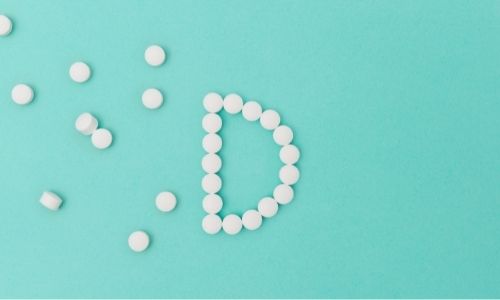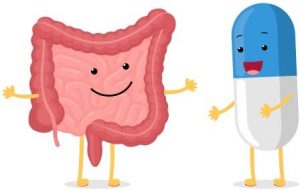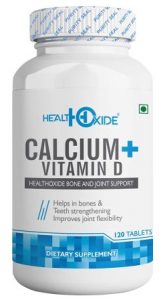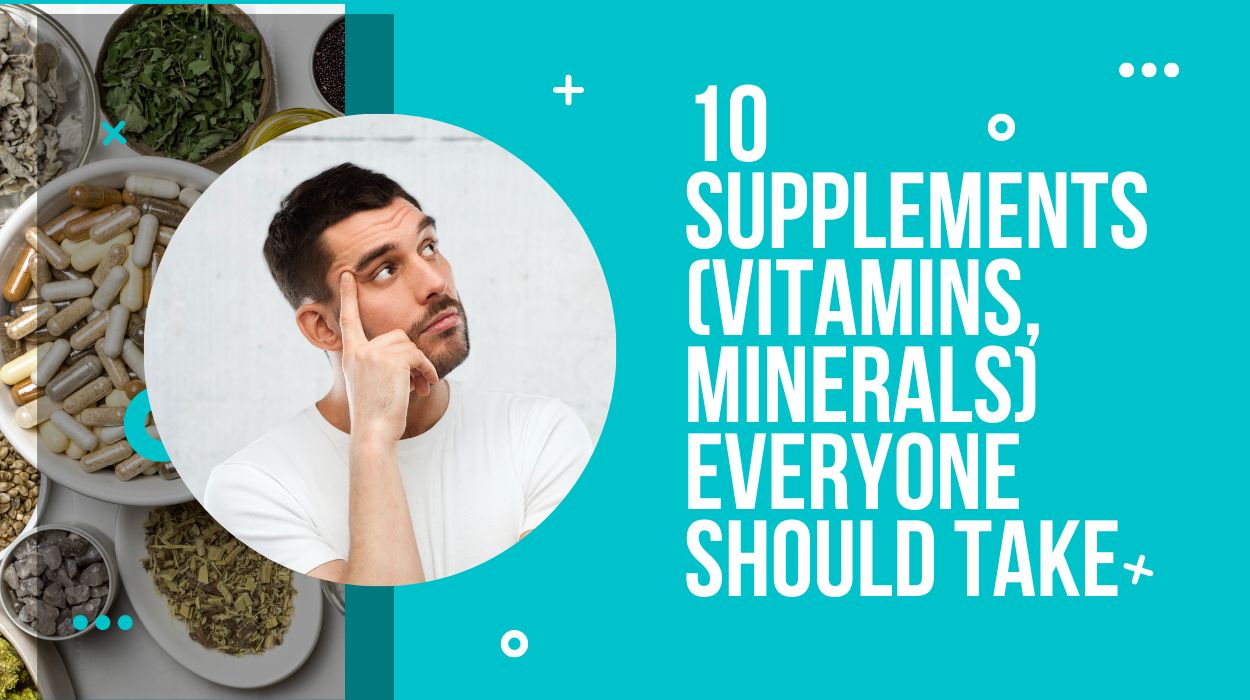The supplements that are highly beneficial in boosting your physical stamina, immune system, and general state of health and well-being are very vital. And to top it all, they’re also highly economical, inexpensive, and easy to acquire.
We know that the best way to get the most out of a healthy diet is to get plenty of nutrients from various foods. And that includes vitamins, minerals, and other nutrients from the best dietary supplements.
The 10 supplements everyone must use! Let us look at them.
According to Nutritionists, These Are the 10 Ingredients Your Multivitamin Should Have
A healthy diet is crucial to a long and healthy life, and so is the right nutritional supplement. Your nutritional needs change throughout your life. So, what’s the best way to get your body’s nutrients?
The best sources of nutrition are your food and dietary supplements. Some of these food sources have been shown to provide nutrients that other foods do not. For example, you will find that much of your food has health benefits, while others may not.
Dietary supplements are a natural approach to supplementing your diet with vitamins, minerals, and other essential nutrients. It’s best to consume a variety of supplements.
The following are the essential supplements that everyone should take:
Multivitamins:
These are vital to a healthy lifestyle for young and older adults. The problem with modern food is insufficient levels of vitamins being produced. This is because of increased rates of disease, the overuse of chemicals, and the excessive reliance on processed foods
Minerals are be found to be beneficial in a variety of ways. They include minerals such as calcium, potassium, magnesium, iron, zinc, chlorine, iodine, sodium, calcium, etc.
The body needs these minerals to keep us healthy and robust, and they must be acquired in a balanced way. Some forms of minerals are needed in higher quantities than others.
Vitamin D:

It is important to take Vitamin D, especially if you’re not exposed to much sunlight. This is especially important for pregnant women and children. Vitamin D plays many roles in absorbing and utilizing many other vitamins. It also helps build strong bones and teeth.
It is also responsible for maintaining normal blood calcium levels, reducing your risk of certain types of cancer. The recommended amount allowed for Vitamin D is 600 IU per day for infants and children, 800 IU per day for teenagers, and 2,000 IU per day for adults.
Vitamin D must be taken in supplement form and not on its own. It is available in several forms, including a pill, syrup, softgel, and an oil form.
Vitamin A:

Many health practitioners recognize the importance of Vitamin A in maintaining good health. It is also considered necessary for growth and development and to prevent certain illnesses and diseases.
The daily allowance for Vitamin A is 900 mcg per day for adults and 700 mcg per day for children. The best food sources of Vitamin A are carrots, spinach, and sweet potatoes. Some experts also recommend Vitamin A supplements to include in your diet
Omega-3 fatty acids:

Many studies have shown that Omega-3 fatty acids are very beneficial for various health conditions. It is crucial to balance your intake of Omega-3s with Omega-6 as it affects the heart, brain and for maintaining a healthy immune system.
They can be found in fish oil, flaxseed, and walnut oil. It is important to take Vitamin D and Omega-3 supplements together since they are linked to good health outcomes.
The recommended daily intake of Omega-3s is 3 grams. There are benefits to the health of your bones and joints. It is also essential to consume these supplements in conjunction with healthy dietary practices such as eating fish and avoiding fast food.
Probiotics:

Probiotics are another excellent source for good health. They are beneficial for the immune system, digestion, and other biological functions. They are also recommended for individuals suffering from allergies and gastrointestinal disorders.
They are found in yogurt, kefir, cheese, and miso. It is also recommended that probiotics be taken with a healthy diet, including getting enough sleep, regular exercise, and consuming a balanced diet. A lifestyle combined with a balanced diet will help for a long-lasting future.
Calcium:

It is essential for bone growth and strong teeth. It also helps regulate blood pressure. It is available in food such as milk, yogurt, and cheese. Some people may also recommend calcium supplements as necessary for the production of muscle proteins.
It is also vital for the prevention of various diseases, including cancer. The recommended daily intake for calcium is 1,200 mg. Dairy is the best source of this mineral, but you can also consume vegetables like broccoli, spinach, and beans if you do not consume much dairy.
Iron:

Iron is necessary to produce hemoglobin, which is needed to carry oxygen through the body. It is also important for blood metabolism, cellular respiration, and the prevention of various diseases.
It is important to get enough iron by consuming iron-rich foods like leafy green vegetables and fruits like oranges and tomatoes.
Vitamin B:
It is another great source of nutrients. It is necessary for the prevention of cardiovascular disease. It also helps with neurological health and functions and is needed to produce DNA and antibodies.
Vitamin B is essential for the production of red blood cells. It is also used in the formation of hemoglobin and nerve tissue. It is vital to make sure that your diet includes foods rich in Vitamin B. Some examples include liver, fortified cereal, and beans.
Some people can also suffer from diseases without a sufficient supply of Vitamin B. It is found in various foods but is most commonly found in meat, poultry, and dairy products.
Riboflavin (Vitamin B2):

Riboflavin is needed to form the immune system. It is also important for the production of red blood cells, the production of energy in the body, and the prevention of eye and heart disease.
It is also required for the growth of the reproductive system and the development of bones. The recommended daily intake of Riboflavin is 2.5 mg. Most plant foods are low in these nutrients.
It is found in dairy products and meats. People who have a low riboflavin intake may experience anemia. It is recommended that people consume foods rich in Riboflavin.
Folate (Vitamin B9):

Another component of the B class of vitamins. Folates are necessary for the proper growth and development of cells. It is also important to prevent neural tube defects (spina bifida).
A deficiency causes these defects in the B class of vitamins. This includes the folate family of vitamins. Another vital role for folate is the production of RNA and DNA.
It is found in dark green vegetables, oranges, and leafy green vegetables. It can also be found in processed foods and fortified cereals. It is recommended that people consume at least 400 mcg of folate.
FAQs
What vitamin is the most necessary for your body?
Vitamin D is the most vital vitamin for your body overall, and there’s a strong chance you’re not receiving enough because of its significance in so many biological activities and the startling number of individuals who are deficient in it.
Is it necessary for everyone to take vitamin supplements daily?
Most individuals do not require vitamin supplements and may obtain all of the vitamins and minerals they require from a healthy, well-balanced diet. Essential nutrients such as iron, calcium, and vitamin C are vitamins and minerals that your body needs in modest amounts to function effectively.
Is it true that taking vitamins is effective?
Multivitamins do not lessen the risk of heart disease, cancer, cognitive decline (such as memory loss and delayed thinking), or early mortality, according to the study. They also mentioned that vitamin E and beta-carotene supplementation was detrimental in previous trials, especially at high levels.
Is it safe to take vitamins daily?
The majority of supplements are safe to consume daily, but a few aren’t. Consider the following scenario: In smokers, high doses of beta carotene have been related to an increased risk of lung cancer. Kidney stones can be exacerbated by a lot of calcium and vitamin D.
When should you take your vitamins and supplements?
To aid absorption, take your multivitamins first thing in the morning with a meal. If this causes stomach discomfort, consider taking it before going to bed. Remember that the most essential thing is to include them in your everyday routine.
Conclusion:
Our diet is inadequate in almost every vitamin and mineral. Because everyone requires different supplements, the best recommendation is to take the best multivitamin daily that contains B-complex vitamins.
If you are consuming a supplement that contains antioxidants, do so in moderation. Choose the vitamin as per your needs. It is necessary for the healthy maintenance of the human body. We must also take care of our surroundings to preserve them for future generations.



